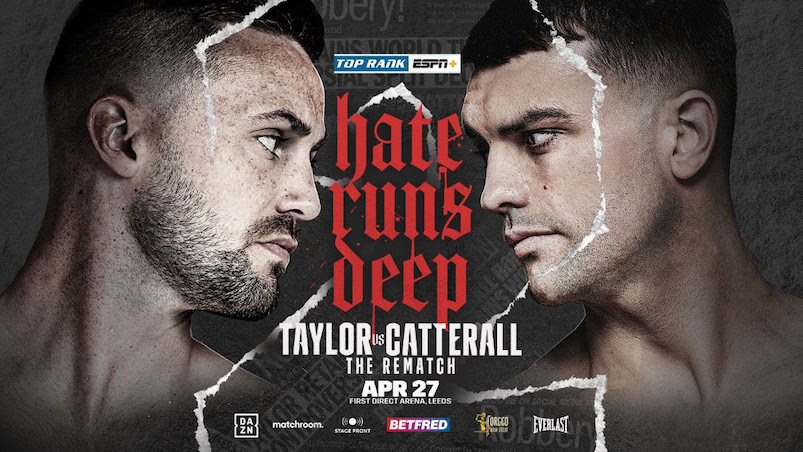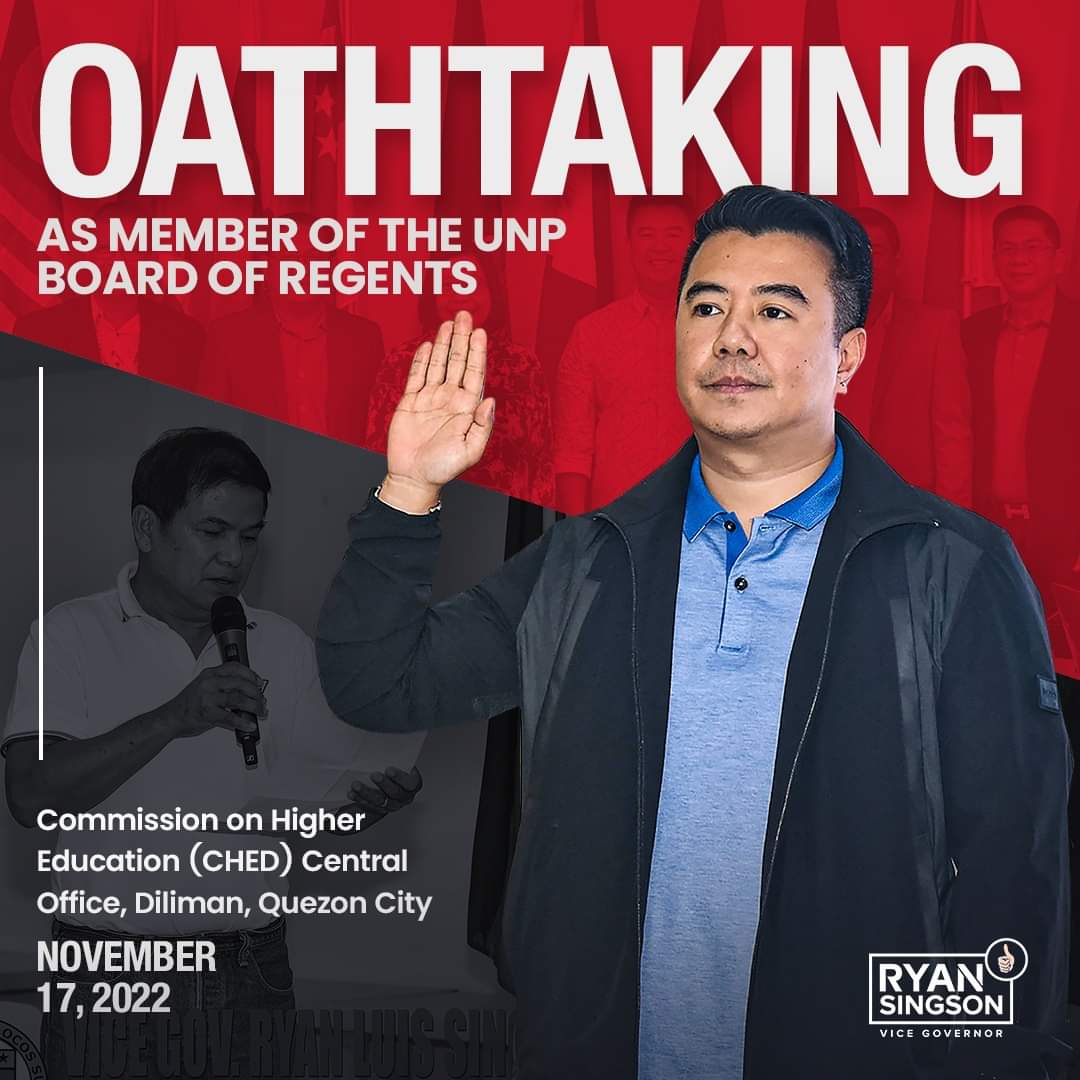Noble as they might have been, aging legends who have accepted steep hometown-discount deals didn't do so for charity.
Future Hall of Famers such as Dirk Nowitzki and Tim Duncan, men who have cashed NBA paychecks worth well more than $200 million each, simply valued winning with the only franchise they ever played for more than maximizing their wealth.
The negotiations with Duncan and Nowitzki have always been handled quietly, devoid of the kind of drama and public posturing that ultimately led to the stunning divorce of the Miami Heat and Dwyane Wade, whose Chicago honeymoon officially began Friday with his introductory news conference.
The hometown discounts weren't as steep for Wade, who was never the Heat's highest-paid player, but they started at a much earlier stage of his career. They each sacrificed financially for the sake of the franchise, but Duncan and Nowitzki never felt the kind of disrespect that Wade did during his last couple rounds of contract talks with the Heat.
"It's the popular thing to do. The player takes less, blah, blah, blah, blah, blah. I think it's a big coup for the owners to put players in situations where public perception puts pressure on them to take less money. Because if you don't, then you get criticized for it."
For Duncan, the financial sacrifice paid off in playoff dividends. In his final four seasons, when his salaries were a fraction of his market value, the San Antonio Spurs averaged more than 60 wins per season, won eight postseason series, advanced to a pair of Finals, and floated down the river for the fifth time as the featured attraction of a championship parade. Duncan made about $35 million during the steep-discount stage of his career, including the player option for next season he exercised a couple of weeks before announcing his retirement in what amounts to a $5.6 million farewell gift from the franchise.
For Nowizki, leaving more than $30 million on the table the past two seasons didn't work out nearly as well. The Dallas Mavericks won a total of two playoff games in that span, increasing that tally to five in five seasons since the franchise's lone title run in 2011.
No wonder Nowitzki decided to opt out of the final season of that three-year, $25 million deal. He was more than willing to take less money to give the Mavs a chance to compete for championships in his twilight. Competing for the No. 6 seed? Pay the man.
Mavs owner Mark Cuban did just that, giving Nowitzki a two-year, $50 million deal after negotiations that essentially consisted of handing the longtime face of the franchise a blank contract, seeing his suggested price, then suggesting Dirk beef up the numbers a bit more.
It's a deal that prompted comparisons to the last contract of another one-team legend: Kobe Bryant, whose two-year, $48.5 million extension drew criticism. Not that Kobe cared.
"It's the popular thing to do," Bryant said of hometown discounts when asked about the topic during a Dallas visit in the first month of the 2014-15 season. "The player takes less, blah, blah, blah, blah, blah. I think it's a big coup for the owners to put players in situations where public perception puts pressure on them to take less money. Because if you don't, then you get criticized for it.
"It's absolutely brilliant, but I'm not going for it. I know the new head of the players' association ain't going for it, either."
Two years later, Nowitzki ain't going for it, either. Not under these circumstances, at least.
Asked that day about Bryant's comments, Nowitzki explained that he willingly took a massive pay cut because his priority was to "compete my last couple of years at the highest level." He cited the signing of Chandler Parsons and the trade for Tyson Chandler as good moves by the Mavs made possible by his discount deal.
"We feel like we've got a good group," Nowitzki said at the time, "and hopefully we can make it work."
We all know how that worked out. Parsons is gone to the Memphis Grizzlies after two injury-marred seasons with the Mavs, who weren't willing to make a long-term investment in him after the forward had more knee surgeries (two) than playoff game appearances (one) during his Dallas tenure. Chandler left last summer when the Mavs wanted to put him on hold while pursuing DeAndre Jordan in free agency.
It would have been a much different story if Jordan didn't jilt the Mavs after temporarily committing to Dallas. The Mavs probably would have been battling for home court in the West last season and may have become an intriguing destination for free agents this summer. In that case, Nowitzki likely would have been comfortable playing out the final season of his discount deal, allowing the Mavs' front office to use every possible dollar to upgrade a team with real hopes of a long playoff run.
But reality for the Mavs is constant shuffling of a roster around Nowitzki, who had grown frustrated after following up a title run with five years of failing to make it out of the first round. He's not a hypocrite for cashing in on this contract; he's a realist.
Dallas isn't in nearly as dire straits as the Los Angeles Lakers were when Bryant signed his last deal. The Lakers were coming off a 27-55 campaign in which Bryant played only six games while recovering from a ruptured Achilles tendon. Over two seasons, they won a combined 38 games while Bryant made $48.5 million, but his presence was a box-office bonanza, especially during his 2015-16 farewell tour.
In other words, it could be argued that Bryant was a bargain for the Lakers as the league's highest-paid player the past two seasons. And Bryant, whose career earnings of more than $328 million rank behind only Kevin Garnett, knew that would be true.
"I think you've got to look at the business of basketball," Bryant said during that November 2014 visit to Dallas. "I think for a lot of writers, for a lot of fans, they have a very tough time distinguishing the two.
"This is a business, and you have to look at individuals and what they generate and the market that they're generating revenue in. And you can't separate those. People have a hard time separating that stuff. From a business perspective, you have to take that stuff into account, and you have to try to -- as a player -- be in situations where it can be a win-win for everybody."
A win-win for Nowitzki and the Mavs would have been using his discount deal to construct a legitimate title contender. It worked once, when Nowitzki took $16 million less than a maximum contract during the summer of 2010 to ease the luxury-tax burden on Cuban, who immediately invested the savings into acquiring Chandler on a salary-dump deal.
It wasn't for a lack of effort, but the Mavs couldn't find a way to parlay this most recent Dirk discount into a roster that was a threat in the West.
Nowitzki, whose two-year deal -- with only $5 million of his salary in the second season guaranteed as essentially retirement insurance for the Mavs -- ensures that he won't have to hear any noise about possibly leaving to chase a ring in his 20th season, settled for more money and a chance to keep competing for a spot in the playoffs.
His previous deal still helped the Mavs during their annual roster remodeling, as his $12.5 million cap hold made it relatively easy to create room to sign Harrison Barnes to a four-year, $94 million deal and trade for Andrew Bogut in a salary-dump deal. This contract will make it tough for the Mavs to be aggressive bidders in next summer's free-agency market if Nowitzki returns, but that's a small price to pay after two decades of legendary service.
The Mavs are good enough to fight for a playoff berth. They won't have to watch Dirk, who hopes to join Kobe as the lone members of the NBA's 20-year, only-one-team club, suffer the indignity of playing in meaningless games as his career winds down.
Duncan was rewarded for his financial sacrifice by being able to compete for a championship until he rode off into the sunset. Precious few get that luxury. Nowitzki won't be on that list. The end of his career will likely be more lucrative and less fulfilling than he wanted.





